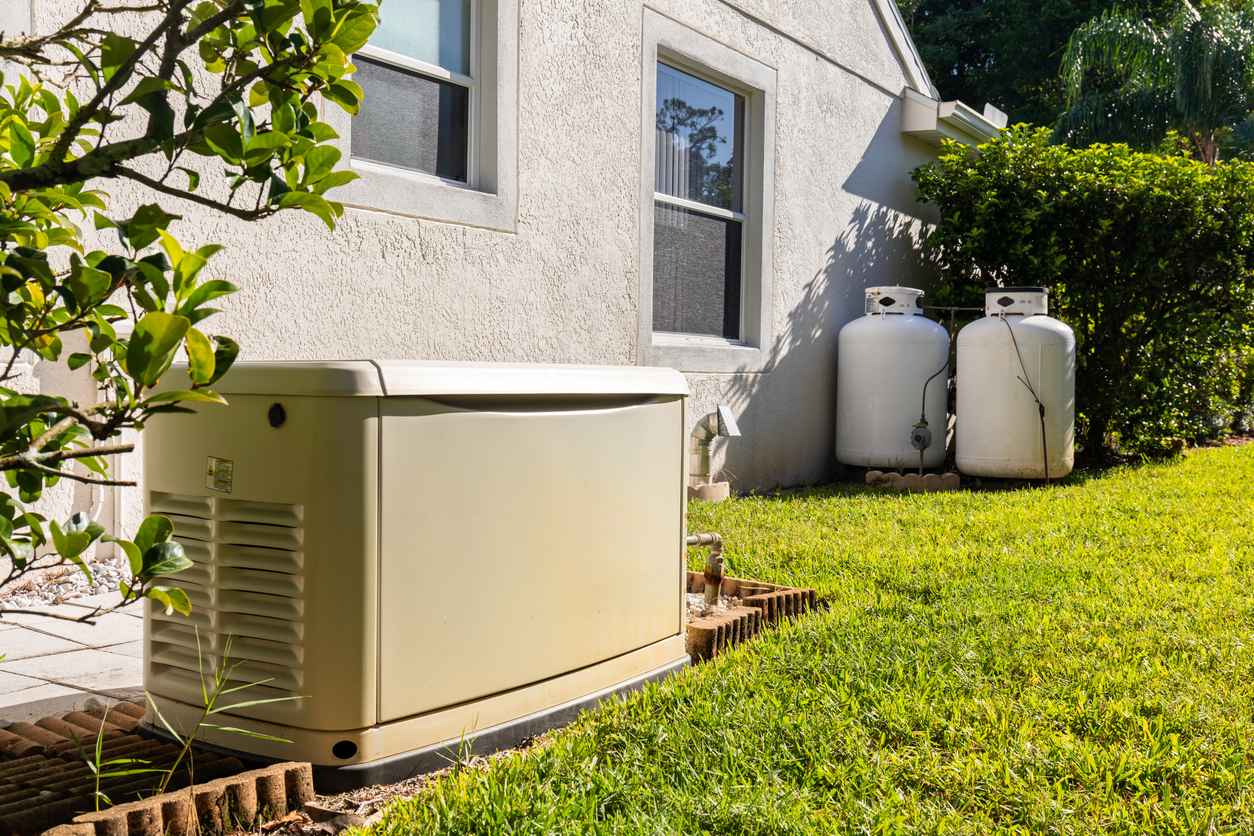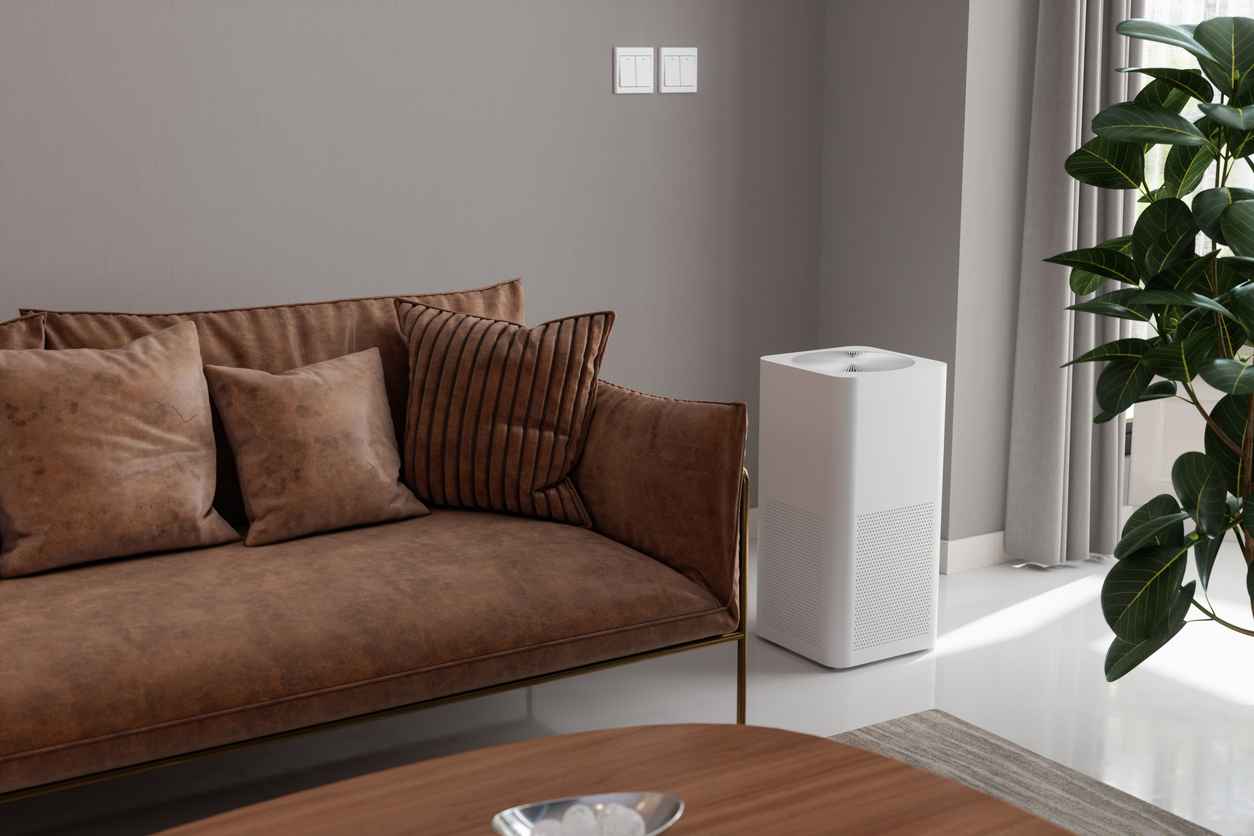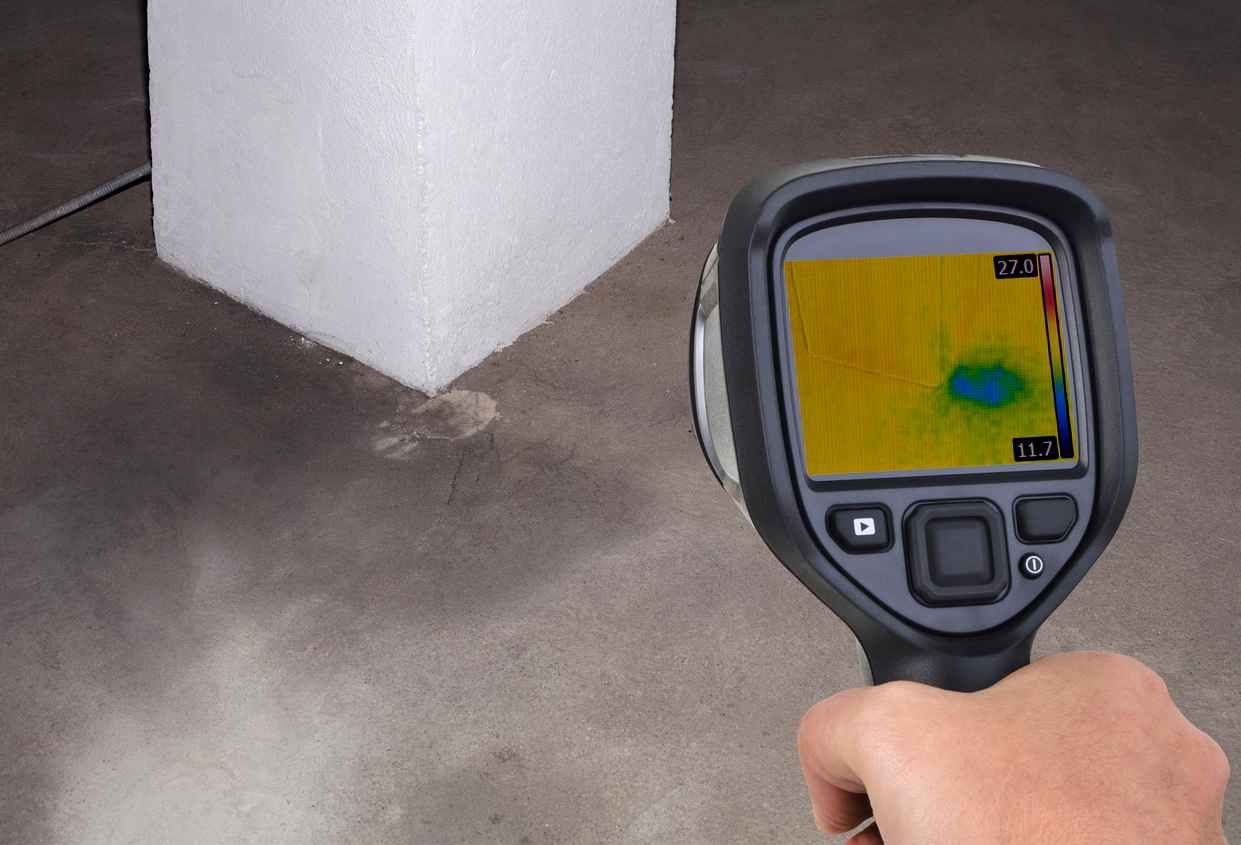4.8 Google Rating
Back to Blog
Spooky Noises Part 2: Water Heater Edition
Earlier this month, our home services experts at AAA Service Plumbing, Heating & Electric published a blog on heater noises that can make it sound like your house is haunted. Now, just in time for Halloween, we’re publishing part two of our spooky noises blogs—and for the sequel, we’re talking about water heaters. Keep reading for what you need to know, and remember that our expert plumbers at AAA are always here for quality water heater repair and installation.
5 Haunting Water Heater Noises (And What You Can Do About Them)
- Banging/Rumbling: No, that loud banging or rumbling sound coming from your basement isn’t a ghost, it’s your water heater! Sometimes, this just means you need to flush the sediment out of the tank, because excess build-up when the combustion process is occurring often causes a noise like a mini-explosion. However, water heater banging can also be attributed to a phenomenon called “water hammer,” which occurs when the flow of water is shut off, prompting water to go back into your system. Water hammer can cause pipes to burst, so make sure you have a pressure reducing valve on your system to stop this from happening, and call a technician right away if it continues. As a side note, you are less likely to hear this sound with a tankless water heater, since the tank and piping system that comes with a traditional water heater is not present.
- Hissing: Sizzling, hissing, or crackling usually occurs in electric water heaters, and are not necessarily signs of trouble. However, if hissing sounds are constantly coming from your electric heater, it’s possible that sediment build-up is covering the heating element, which once again means that you will have to drain the tank. You may also want to clean the heating element with a descaling liquid to remove any residue. In gas water heaters, meanwhile, a hissing sound is usually a sign of excess condensation, meaning you should check to see if there is water pooling at the base of your unit and call an experienced plumber to inspect for leaks ASAP.
- Ticking: No one likes to hear a ticking noise in their home—after all, you wouldn’t want to walk down to your basement to find it sounds like a bomb is about to go off. The good news is that more often than not, that ticking noise you’re hearing can be attributed to changes in your water pressure. Oftentimes, you can reduce the effect water pressure changes have on your water heater by tightening or loosening the straps in the area where the ticking is coming from. You may also want to install some insulation or “spacing” around your water heater to prevent the pipes from moving (again, this is really only an issue that applies to traditional tank water heaters.) If you continue to have water pressure issues after that, call an experienced plumber to check out your pipes.
- Screeching: Is there anything spookier than a random screeching noise? Well, fear not if you’re hearing this in your home, because there’s a good chance it’s coming from your water heater. To get rid of that screeching or high-pitched whistle, you will want to tighten your water heater valves, where air may be getting out. Start by looking at the temperature and pressure relief valve. If there is a problem with this component, your water heater could become a hazard, in which case you should shut off your heater altogether and call a plumber right away. From there, move on to the inlet and outlet valves, checking to see they are fully open.
- Popping: A popping noise coming from your water heater is also an indication of sediment build-up—high alkaline sediment specifically. Alkaline-rich water causes rust, which is why the average water heater has what is called an anode rod—a magnesium or aluminum component designed to reduce alkali levels and prevent rust from occurring. However, when an aluminum rod in particular gets worn out, the chemical reaction in the water can cause that popping sound to occur. The solution? Simply replace your old anode rod with a new one. You may need to do this more often if you live in an area with hard, minerally water, which is what aluminum rods are specifically designed to reduce.
Don’t let creepy sounds around your house scare you away this Halloween season! Call AAA Service Plumbing, Heating & Electric now at 303-313-3333 to schedule an appointment, or send us a message online.





